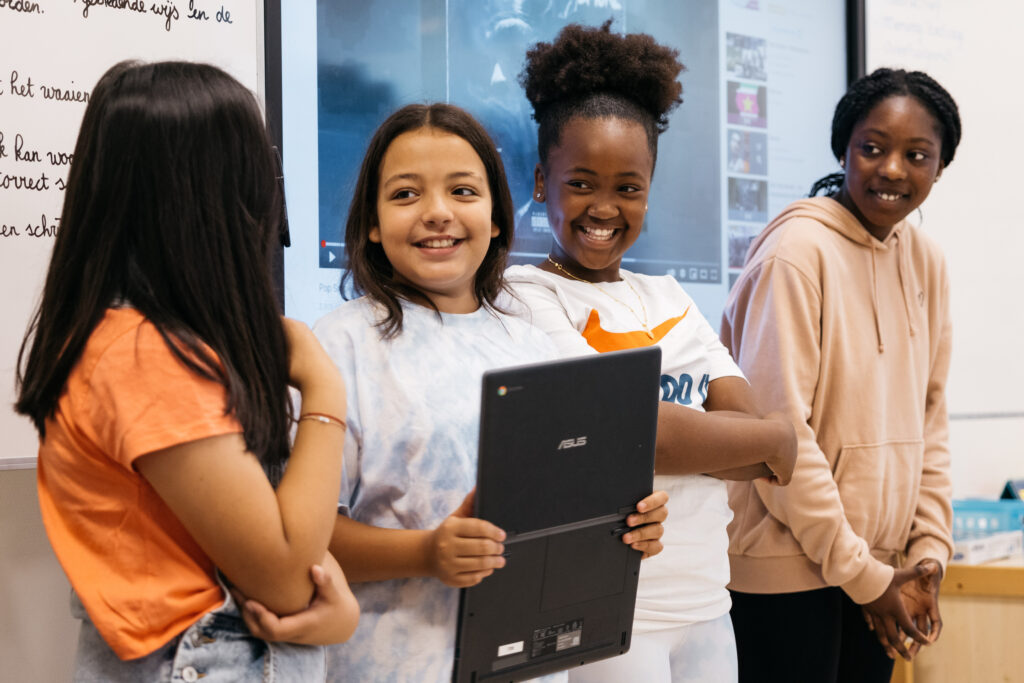1. Challenge framing
1.Challenge framing
In this phase, you start with the learners themselves, their agency and their ability to reflect on themselves and the world around them.
Overview
This process of developing self-awareness and self-efficacy is the basis for selecting challenges. You get learners to select or identify challenges that ideally come from their context and experience, or from the bank of challenges that are already offered as part of the toolkit.
Digging into and framing this challenge, they develop ethical and sustainable thinking. They travel from the global Sustainable Development Goals (SDGs) to their local application, so that they understand that it is in their power to contribute their grain of sand in improving the global challenges that concern us and matter to us. They have a space to express their own ideas and worries, interests and concerns, which also sparks the development of a plan for a better solution, a better reality, an improved life. This process is encompassed by vision.

Students will learn:
- Explore themselves: who are you and what do you care about?
- Explore challenges: what challenges do you see around you that you want to address?
- Identify one challenge: what challenge do you want to focus on?
- Dig into the challenge: what is the current status of the challenge and which gaps do you see?
- Frame the challenge: how can you connect the challenge to your context and environment?
- Formulate questions for exploration: ‘how might we change this?’
Learning objectives of Phase 1
- Delve into the concept of impact-driven entrepreneurship and the personal possibilities for contributing to global challenges, from the local level.
- Value ideas with social impact and the development of an entrepreneurial project that improves your environment.
- Identify practical examples of projects with social impact.
Connection to Didactics Principles
The learner visualises themselves as an agent of change and initiates a path towards a scenario in which they can change and improve their environment. This path should be programmed, and each step should aim to achieve and maintain principles based on the idea of an inclusive and sustainable community.
Activities in this stage
1.1 Self-awareness and self-efficacy
EntreGiant
1.1 Self-awareness and self-efficacy
Future Goals Party
1.1 Self-awareness and self-efficacy
Personal SWOT
1.1 Self-awareness and self-efficacy
Values for All
1.2 Ethical & Sustainable Thinking
Butterfly Tool
1.2 Ethical & Sustainable Thinking
Letter to a Multinational
1.2 Ethical & Sustainable Thinking
Newspaper Activity
1.3 Vision
Lego Vacuum – Case Study
1.2 Ethical & Sustainable Thinking
Problem Ideation
1.3 Vision
Problem on a Page
1.3 Vision
